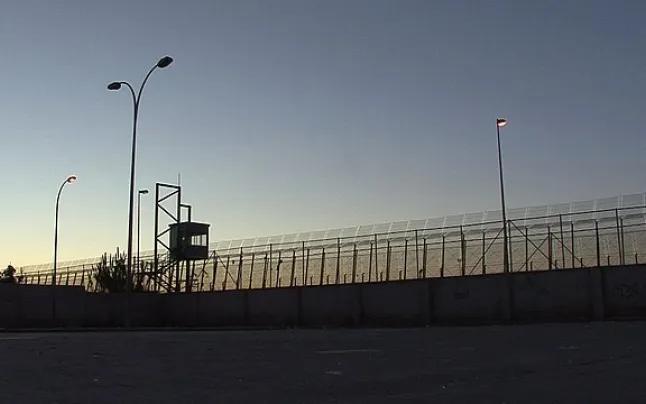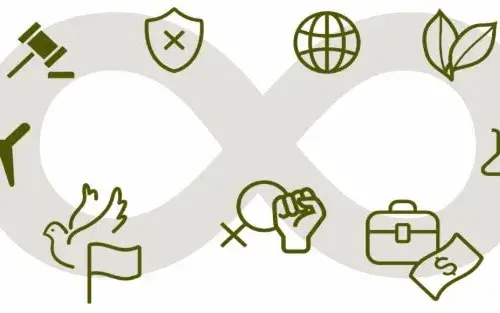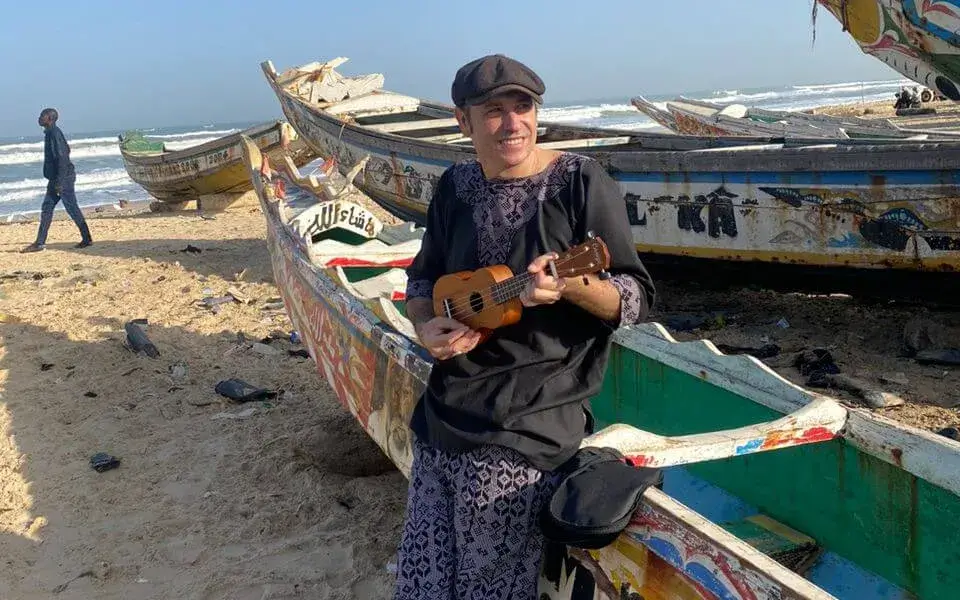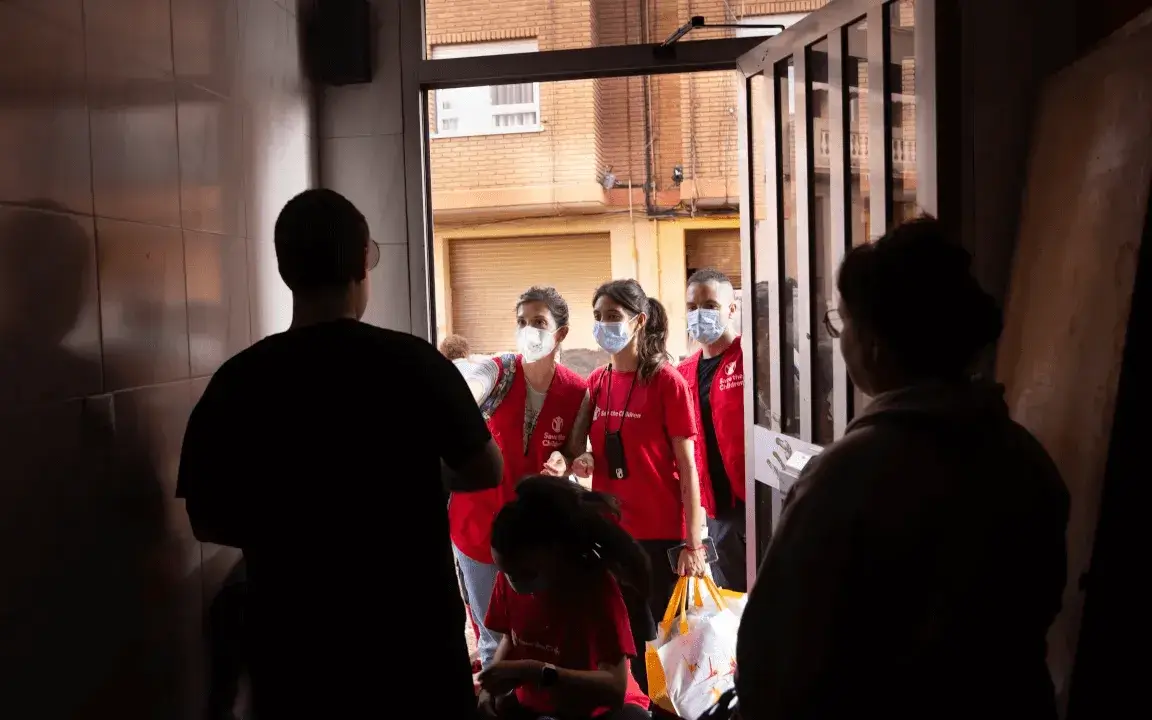The organization has released a report with evidence of crimes under international law and calls for justice six months after the events that led to the death of at least 37.
At least 37 people lost their lives and 77 were reported missing when trying to cross the border at Melilla last 24th June. Six months later, Amnesty International has denounced that Spain and Morocco failed to ensure effective and transparent investigations in order to establish the truth about what happened that day.
"It is essential for both governments to ensure truth and justice for what happened that day in order to prevent it from happening again” said Agnès Callamard, Amnesty International’s Secretary General.
Amnesty denounced that neither of the two governments released investigations into the number of dead and disappeared nor on the action of border patrol forces; they neither released footage from the security cameras.
The organization also published a report with testimonials that point at Spain and Morocco committing crimes under international law and that Moroccan authorities made it practically impossible for families and NGOs to carry out searches for the missing and dead.
Spanish and Moroccan police committed crimes under international law
“The Spanish police sprayed us in the eyes, while the Moroccan police threw stones at our head”, says Salih, aged 27. Zacharias, aged 22, explained that “Moroccan and Spanish security forces were throwing everything at us: gas bombs, stones, rubber bullets, rubber balls…We couldn’t see anything, and it was difficult to breathe”.
Witnesses said that dozens of injured were denied adequate medical attention for at least eight hours, hundreds were moved and left in remote areas, and some were pushed back into Morocco, imprisoned and subject to abuse. “In prison they were beaten by hammers in their head until they passed away”, one witness explained.
The report also highlights how refugees and migrants that lived in informal settlements near and in Nador saw an increase in attacks by the Moroccan security forces in the days prior and that their belongings and food were confiscated or destroyed, which pushed many to join in trying to cross the border on 24th June.
Amnesty International considers these actions may be considered as violating the right to live free of torture, other forms of ill treatment and the right to health and life.
The United Nations has already expressed concern at several times on the racist treatment afforded to sub-Saharan people along this border, revealing the “Status quo of the European Union’s borders, namely exclusion and violence, deployed to keep out non-white populations”.







Add new comment